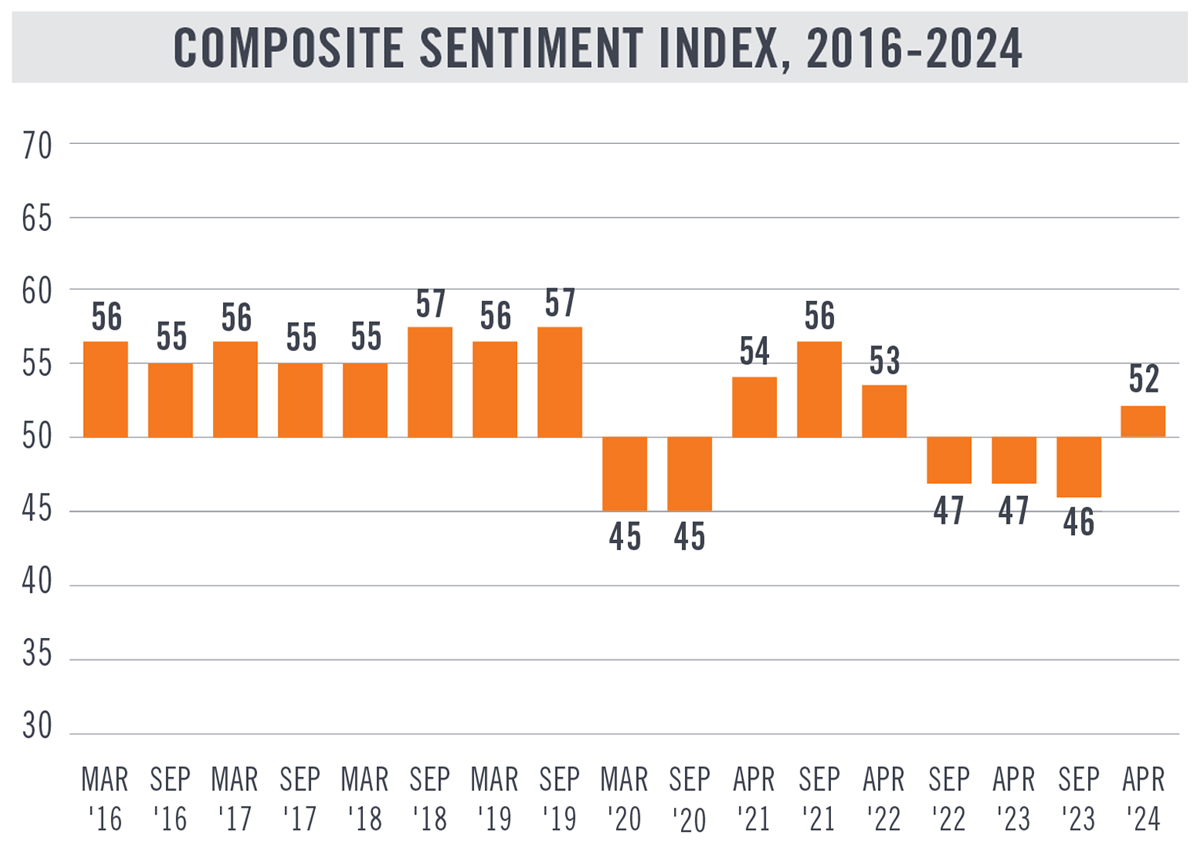West Weighs Proposal For Regional Grid
Creating a multi-state power market could bring efficiencies. Would property owners benefit?
By Jeffrey Steele

Photo: Southern California Edison
A proposed regional power grid that would do away with barriers among western states’ 38 independent systems is under consideration by lawmakers, regulators and utilities. The plan, which would constitute a fundamental reworking of the region’s power delivery system, is attracting equally strong advocates and critics.
Backers argue that such a grid would bring cost-efficiencies and savings. The latter assert it would spur construction of costly transmission lines and put energy jobs in jeopardy. As the bill is being debated by the California assembly, commercial real estate stakeholders are asking how the proposal might impact the industry.
“What we’re really talking about is an organized, wholesale electric power market,” said John Tsoukalis, senior associate with The Brattle Group, a Boston, Mass.-based consulting firm. The key word is “wholesale,” he adds.
“It’s mostly about electric utilities or other entities that serve customers or own power plants being able to buy or sell their power in an organized integrated market . . . [In] the western U.S., each individual utility takes care of its own supply of power through its own power plant or its own long-term contracts. There is some selling and buying of power between utilities, but it’s limited and done on a bi-lateral basis . . . Under this proposal all their buying and selling of power would be done centrally in an organized manner. There would be a third party responsible for running the market. Power plants will bid into the market, and utilities that need to buy power will purchase from the market. The price will be set like an auction would set prices.”
Who benefits?
Such a market tends to lower costs of procuring power for utilities. Via this centralized market, most utilities will be able to buy power at lower costs than if they self-supplied the power. The cost reductions would amount to 5 or 10 percent, Tsoukalis said.
Individual customers like commercial property owners pay a bill each month based on the regulated rate. The cost of procuring power is just one input to the regulated rate, he added. How customers’ bills change will be dependent on the regulatory process.
“This regional market will make it cheaper for entities to purchase power, but that doesn’t necessarily mean the regulatory process will pass those savings on to commercial customers,” Tsoukalis said. “There might be some savings, but . . . commercial customers need to engage in this regulatory process is they want these savings passed on to them.”
Mariko Geronimo Aydin, a Brattle Group senior associate, cited considerable evidence that broader regional operations and coordinated markets provide substantial societal benefits. ”However, these studies don’t break out how those societal benefits will flow to individual parties,” she said.
Renewable options
Beyond these points, there are a number of possible upsides for commercial property executives. Some of the existing U.S. regional organized markets provide greater options for small and large commercial owners to participate in demand-side programs, such as providing different types of demand response, Aydin said.
Commercial property owners could also benefit from a regional marketplace drawing more competition on the wholesale side, Aydin added. They would have a greater number of options and perhaps greater ease in obtaining power.
Also noteworthy: Renewable energy like solar, wind, hydro and geothermal is much easier to manage within regional markets, Tsoukalis said. Renewables are not as predictable as other energy sources, and when many utilities pool together in a regional market, the variability of that power source is easier to manage, he noted. Commercial property owners who want to be go green themselves, seek to lure green-minded tenants or want both will find these goals easier to attain in a regional market.
However the western grid regionalization proposal turns out, one thing is certain. In organized regional markets, there exist highly involved stakeholder processes. Concluded Aydin: “It’s really important for market participants to be engaged in that process and have a say in how the regional market is set up.”







You must be logged in to post a comment.